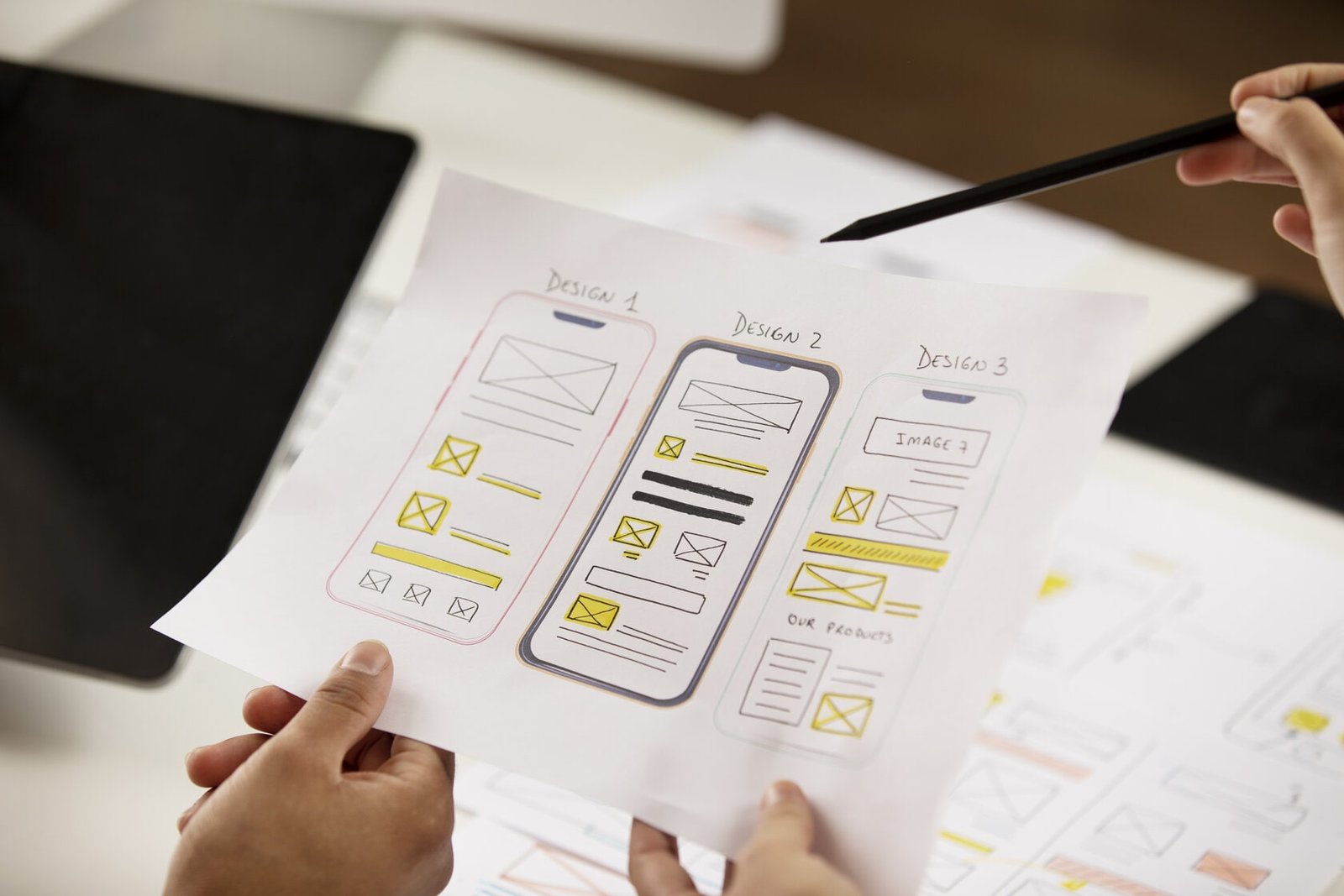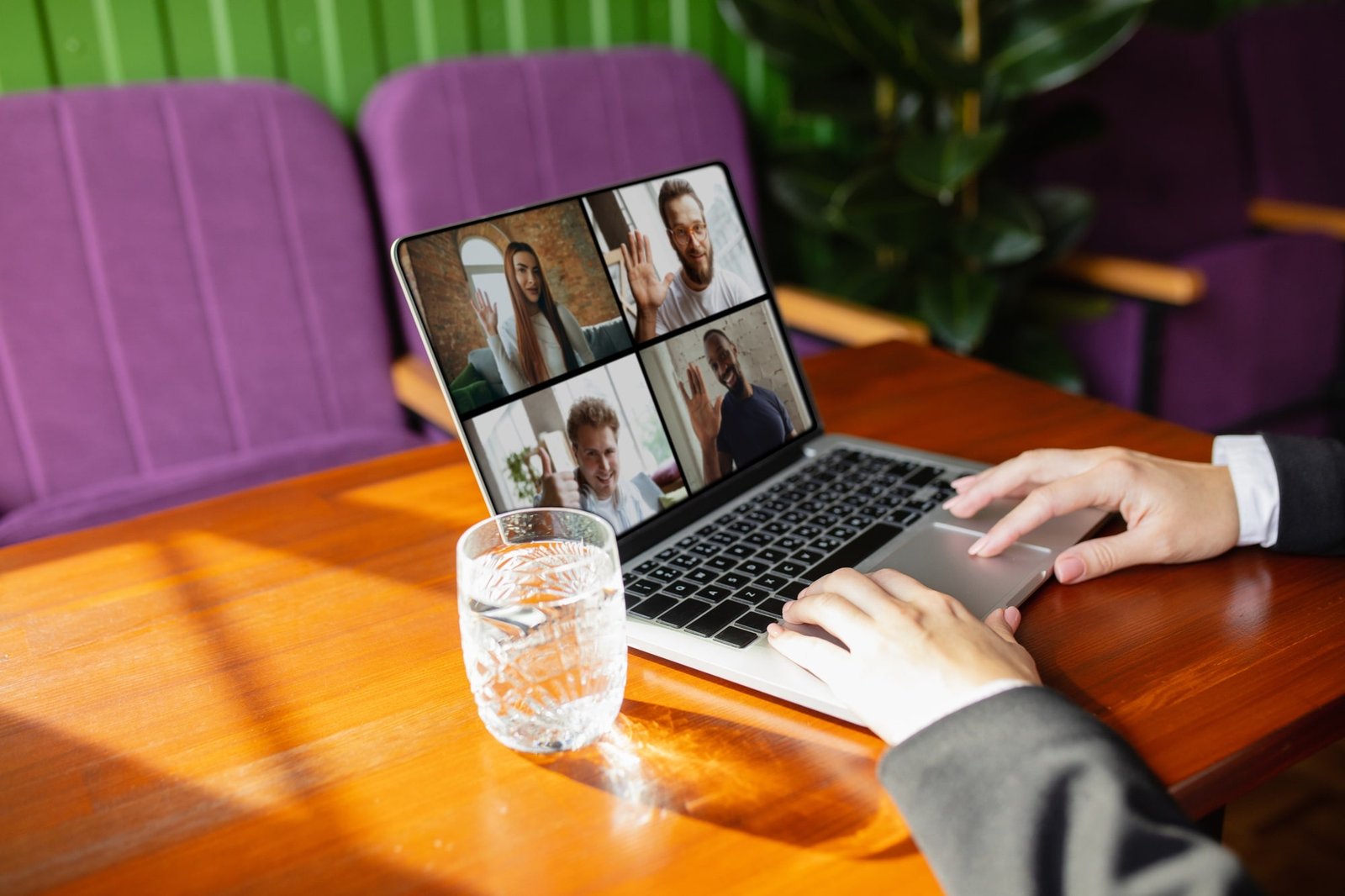
In an age where mental health challenges are rising, technology is stepping in to provide innovative solutions. IoT (Internet of Things) and mobile apps are at the forefront of this transformation, enabling more accessible, efficient, and personalized mental health care. Here’s a closer look at how these technologies are reshaping the landscape and why mobile app development for IoT devices is essential in this journey.
1. Real-Time Monitoring for Proactive Care
IoT-enabled mobile apps can connect with wearable devices such as smartwatches and biosensors to monitor mental health indicators like heart rate variability, sleep patterns, and stress levels in real-time.
- Early detection of irregularities enables timely interventions, preventing potential mental health crises.
- Developers create apps that not only display this data but also send alerts to users or caregivers, empowering them to take action when needed.
2. Personalized Insights and Recommendations
Through IoT devices, mobile apps collect vast amounts of data that can be analyzed to provide tailored insights. For instance, apps can detect recurring stress patterns and suggest relaxation exercises, meditation, or even connect users to mental health professionals.
- Personalization enhances user engagement and effectiveness, making mental health care more relatable and actionable.
- A well-developed app ensures seamless integration with IoT devices and delivers a user-friendly experience.
3. Seamless Connectivity for Remote Support
IoT devices integrated with mobile apps enable remote support, connecting users to therapists or mental health coaches. For example, IoT sensors can measure physiological responses during therapy and relay this data to therapists in real-time via the app.
- This reduces the barriers to accessing mental health care, such as geographical constraints or stigma.
- Mobile apps act as the hub, ensuring real-time data synchronization and secure communication.
4. Enhanced Accessibility and Convenience
IoT-enabled apps bring mental health support to users’ fingertips. From guided breathing exercises to virtual therapy sessions, these apps provide round-the-clock support.
- For individuals with busy schedules or those in remote areas, this accessibility can be life-changing.
- Developers can optimize apps for various IoT devices, ensuring that users have access regardless of the hardware they own.
5. Data-Driven Insights for Providers
IoT devices collect continuous data, which, when shared via apps, offers mental health professionals valuable insights into their patients’ daily lives. This leads to more informed treatment plans and improved outcomes.
- Accurate, data-driven decisions are crucial for effective mental health care.
- Apps need to ensure secure storage and easy visualization of this data for both patients and professionals.
Why Mobile App Development is Key for IoT in Mental Health
The true potential of IoT in mental health care lies in the mobile app development process. These apps are the gateway between users and IoT devices, ensuring:
- User-friendly Interfaces: Simplifying complex data for easy understanding.
- Integration: Seamless communication with multiple IoT devices.
- Security: Protection of sensitive mental health data through encryption and compliance with privacy laws.
- Customization: Flexibility to tailor apps for specific user needs or conditions.
For IoT devices to truly revolutionize mental health care, the mobile app must act as a reliable, intuitive, and secure interface. Investing in thoughtful mobile app development ensures the success of IoT initiatives in this sector.
Conclusion
The integration of IoT and mobile apps is transforming mental health care by providing real-time monitoring, personalized insights, and greater accessibility. For developers, the opportunity lies in building robust apps that maximize the potential of IoT devices. As we continue to innovate, the collaboration between IoT and mobile app development will play a pivotal role in shaping a healthier, more connected future.


